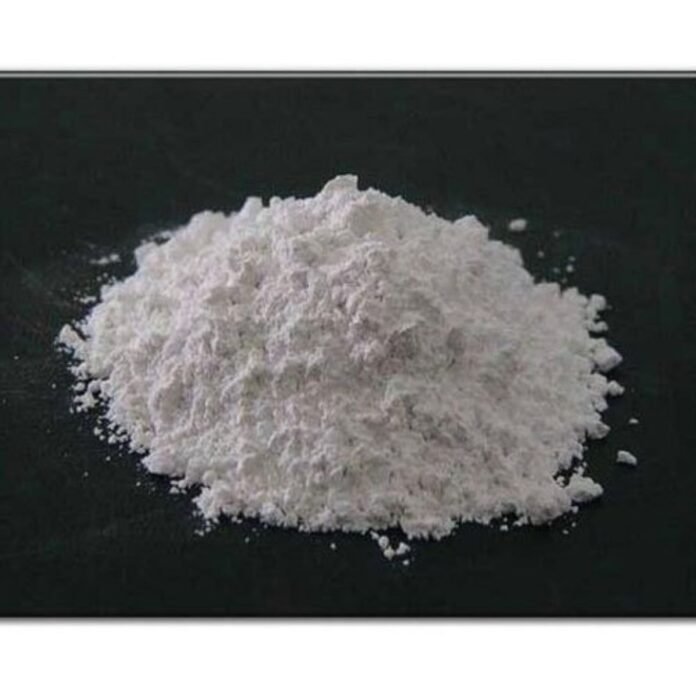Chalk is a common item found in classrooms, homes, and art studios, used for writing, drawing, and teaching. Its main component, calcium carbonate, plays a crucial role in its production. Understanding how calcium carbonate contributes to the making of chalk can enhance our appreciation of this everyday material.
The Role of Calcium Carbonate
Calcium carbonate is a naturally occurring mineral found in rocks, shells, and even in some plants. It is primarily obtained from limestone, marble, and chalk itself. This compound is known for its white color, making it ideal for producing chalk, which needs to be visible against various surfaces. When calcium carbonate is processed, it is ground into a fine powder, which becomes a key ingredient in chalk production.
The properties of calcium carbonate make it suitable for creating a smooth, easy-to-write surface. Its fine texture allows for a consistent chalk product that can easily adhere to surfaces, ensuring clear and legible markings. This characteristic is essential for both classroom and artistic applications.
The Process of Making Chalk
The process of making chalk from calcium carbonate powder begins with the extraction of the mineral. Once the raw material is collected, it undergoes several steps to transform it into usable chalk.
- Crushing and Grinding: The first step involves crushing large pieces of limestone or chalk rock into smaller fragments. These fragments are then ground into a fine powder, ensuring a uniform texture.
- Purification: After grinding, the calcium carbonate powder is often purified to remove impurities. This step is important to ensure the chalk’s quality, as any contaminants could affect its performance and appearance.
- Formulation: The purified calcium carbonate powder is then mixed with water and other additives to create a paste. This formulation can vary depending on the desired properties of the chalk. For example, additives can improve the chalk’s hardness or alter its drying time.
- Molding and Drying: The paste is poured into molds to form chalk sticks or pieces. Once molded, the chalk is left to dry. The drying process is crucial, as it helps the chalk achieve its final hardness and durability.
- Packaging: After drying, the chalk is removed from the molds and packaged for distribution. At this stage, it is ready for use in schools, homes, or art studios.
Benefits of Using Calcium Carbonate in Chalk
Using calcium carbonate powder in chalk production offers several advantages. One of the main benefits is its environmental friendliness. As a natural mineral, calcium carbonate is non-toxic and safe for use in various applications, including educational settings.
Additionally, chalk made from calcium carbonate has excellent writing properties. It produces a bright, visible mark on blackboards and other surfaces, making it easy for teachers and students to read and write. The powder’s ability to create smooth lines allows for precise drawing and writing, which is essential in educational environments.
Furthermore, chalk made from calcium carbonate is biodegradable, which means it does not contribute to long-term waste in the environment. This characteristic is particularly important as more people seek sustainable and eco-friendly products.
Finding a Calcium Carbonate Manufacturer in India
For those interested in sourcing high-quality calcium carbonate for chalk production, there are various manufacturers in India. These manufacturers specialize in producing calcium carbonate powder that meets the specific needs of chalk makers. When looking for a supplier, it is essential to consider factors such as product quality, pricing, and delivery options.
By choosing a reputable calcium carbonate manufacturer in India, chalk producers can ensure they receive a reliable product that meets industry standards. This ensures that the chalk produced is not only effective for its intended use but also aligns with the growing demand for quality and sustainable materials.
Conclusion
Calcium carbonate is a vital ingredient in the production of chalk, contributing to its texture, appearance, and performance. Understanding the role of calcium carbonate powder helps to appreciate the simple yet essential nature of chalk as a tool for education and creativity. By utilizing this natural mineral, manufacturers can create a product that is safe, effective, and environmentally friendly, meeting the needs of users around the world.


